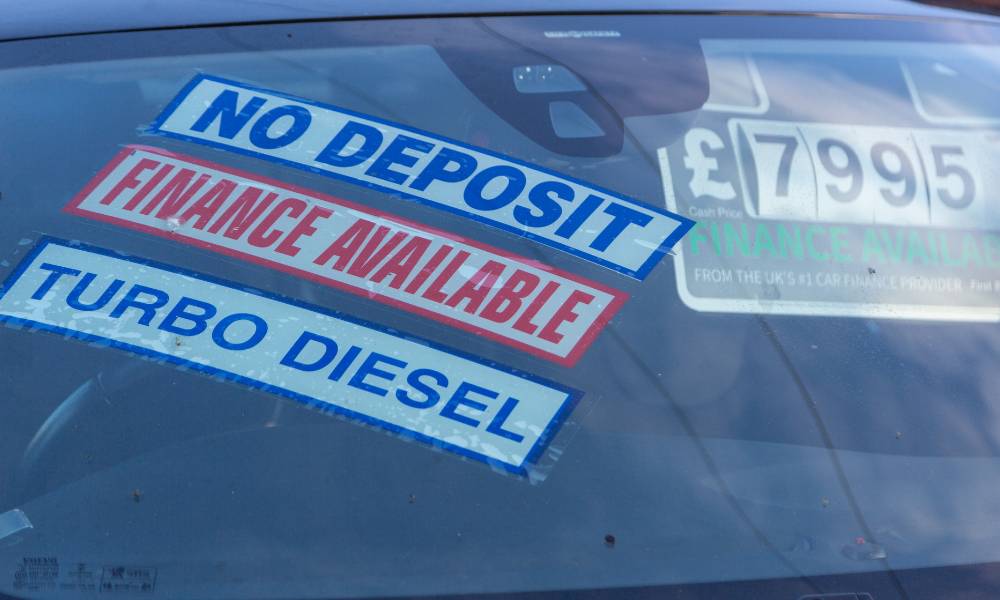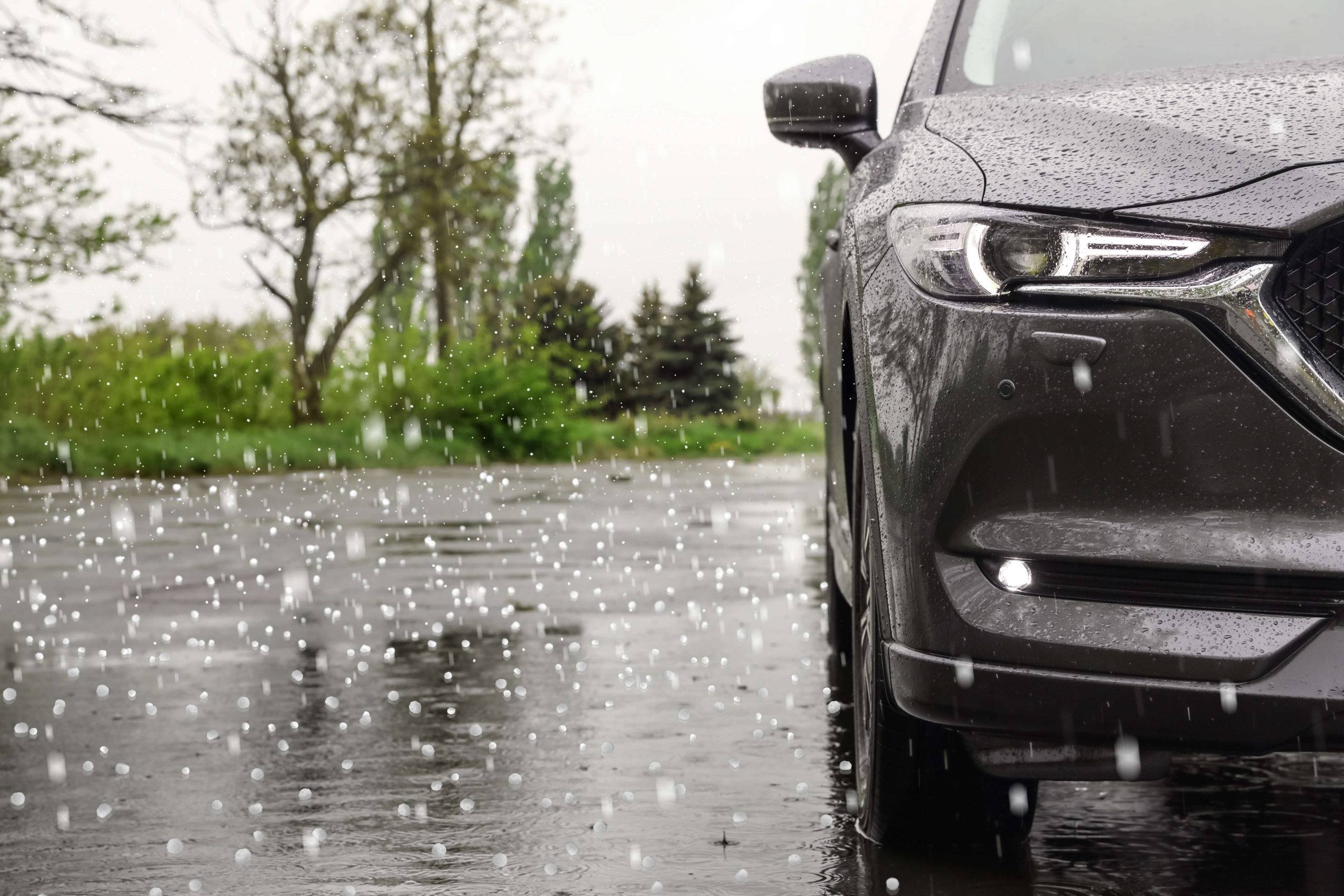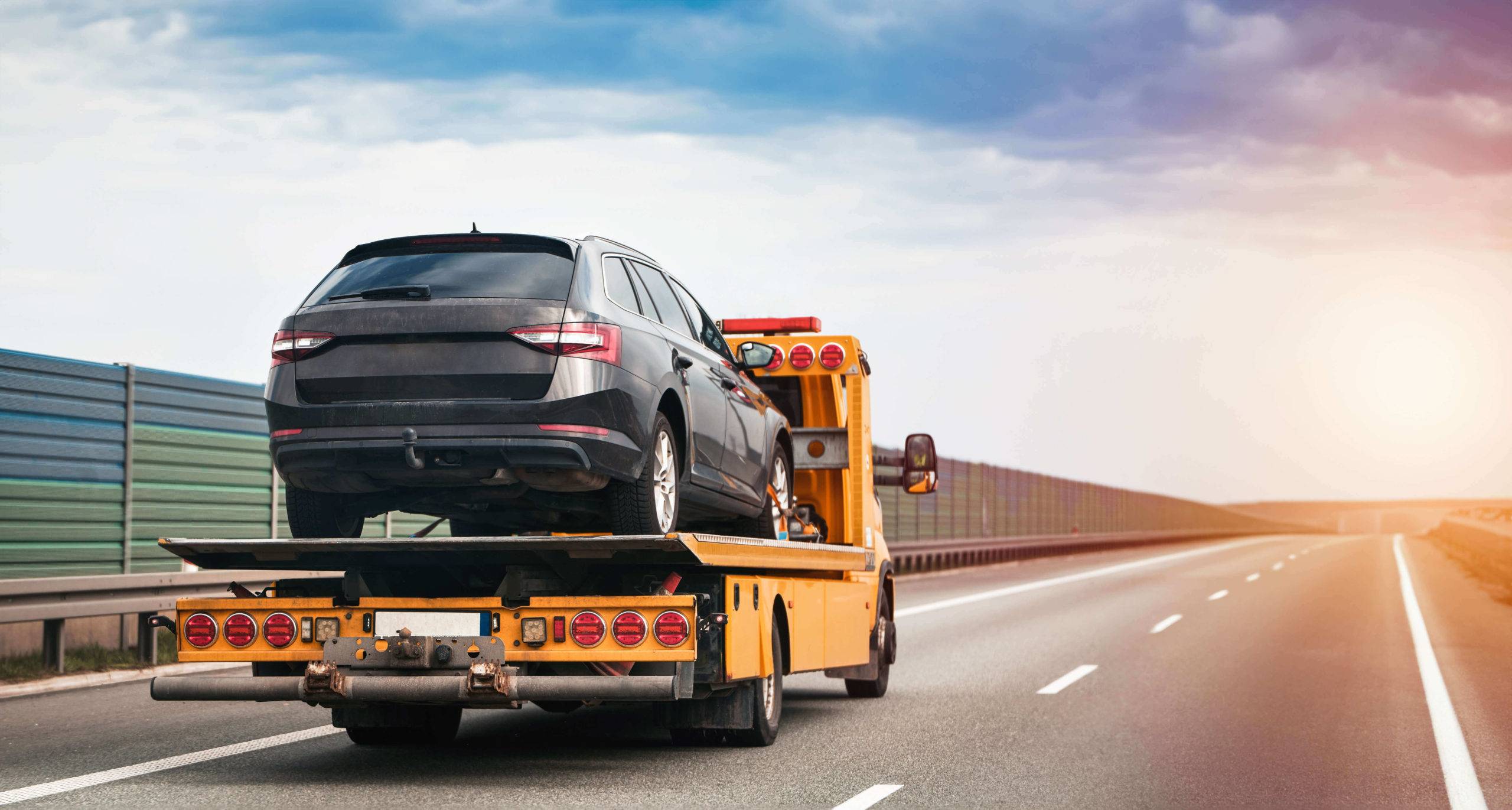
DVLA Complete Guide for Car Selling
Selling a car in the UK involves a series of steps and considerations to ensure a smooth and legal transaction. When you have a buyer for your car, you will need to start by gathering the necessary documentation, such as the V5C logbook, service history, and MOT certificates.
However, one crucial aspect of selling a car in the UK is understanding the role of the DVLA (Driver and Vehicle Licensing Agency). Let’s learn what this role encompasses.
Selling a Car: DVLA Plays an Important Role
When you approach the time to sell my car, DVLA plays a significant role in the car selling process by handling vehicle registration and ownership transfer. If you sell your car through a reputable car selling platform, they will do the paperwork and inform the DVLA for you.
However, when selling privately, you have to complete DVLA notification that you sold the car.
When you sell my car, DVLA provides various online services and resources to assist car sellers. These services allow sellers to update their vehicle registration details and access important information about the car’s history. It’s important to note that V5C logbook, issued by the DVLA, is a crucial document that proves ownership and should be transferred to the new owner upon sale.
The DVLA formalises the transfer of ownership from the seller to the buyer. It is crucial to notify the DVLA about the sale and update the vehicle’s registration details. This ensures that the new owner’s information is recorded accurately, and the seller’s responsibility for the vehicle is properly relinquished.
V5C Logbook
DVLA issues a V5C logbook, also known as the registration certificate. This document serves as proof of ownership and contains essential information about the vehicle, including its registration number, make, model, and previous registered keepers. One important thing to keep in mind that the seller must provide the V5C logbook to the buyer, who will then need to update the details with the DVLA.
Online Services
DVLA provides online services that enable sellers to manage their vehicle-related tasks conveniently. When you sell my car, DVLA must be informed about the sale. In addition, you can also obtain important information about the vehicle’s history, such as its tax and MOT status. We are going to look at the legal requirements of the car selling process in more detail down the line.
When you sell my car, DVLA simplifies the whole process for you. That’s a place to go for accurate information, legally quired paperwork, and keeping track of the updates to the DVLA throughout the car selling process.
Whether selling a car privately or through a dealer, the role of the DVLA remains crucial. The DVLA’s involvement ensures a legitimate transfer of ownership. As a result, it helps maintain accurate records of vehicles in the UK. In this guide, we help sellers familiarise themselves with the process.

When you sell my car, informing DVLA is mandatory. Don’t delay!
Sold Your Car? DVLA Expects These Details
To inform the DVLA that you have sold your car, you can follow these steps:
- Step 1: Fill out the necessary sections of the V5C logbook: As the seller, complete section 6 (Seller/Trader’s details) of the V5C logbook. Make sure to provide accurate information about the buyer, including their name and address.
- Step 2: Tear off and keep the V5C/2 section: This section is commonly known as the “new keeper supplement.” It contains essential information about the vehicle and the sale, which you should keep for your records.
- Step 3: Send the V5C logbook to the DVLA: Mail the main section of the V5C logbook to the DVLA at the following address:
DVLA
Swansea
SA99 1BA
- Step 4: Retain proof of postage. We recommend sending the logbook via recorded delivery to ensure it reaches the DVLA securely. Keep the proof of postage as evidence in case any issues arise.
- Step 5: Notify the DVLA online. In addition to posting the form, you can inform the DVLA about the sale of your car online. Visit the DVLA’s official website and follow the instructions to complete the notification process electronically.
As we have already noted, it is crucial to inform the DVLA promptly about the sale of your car to transfer the vehicle’s ownership and avoid any future liabilities or complications.
Related: What Documents Do I Need to Sell My Car in The UK? (The Definitive Guide!)
No Logbook? How to Tell DVLA I Sold My Car
If you don’t have a DVLA logbook (V5C), there are still steps you can take to inform the DVLA about the sale of your car:
- Visit the DVLA website and use their online service to notify them about the sale. You will need to provide details such as the vehicle registration number, make and model, and the buyer’s details.
- If you don’t have the logbook, you can fill out a V62 form, which is an application for a vehicle registration certificate (V5C). In the form, indicate that you have sold the vehicle and provide all the necessary details. You can obtain the V62 form from a post office or download it from the DVLA website.
- If you prefer to speak to someone directly, you can contact the DVLA customer service helpline and inform them about the sale of your car. They will guide you on the necessary steps to take and provide assistance with the process.
Remember, it’s important to inform the DVLA about the sale of your car to avoid any potential liability or car-related complications.
Here’s What Happens Next
After you inform the DVLA that you have sold your car, DVLA will do some legal magic on their end:
- First of all, DVLA will update their records and acknowledge the transfer of ownership from you to the new owner. This ensures that you are no longer legally responsible for the vehicle.
- Secondly, DVLA will cancel the vehicle tax (also known as road tax or vehicle excise duty) from the date of sale. If you have paid for vehicle tax beyond the sale date, you may be eligible for a refund. The DVLA will issue a refund automatically, usually within six weeks of receiving the notification.
- At the same time, DVLA will send the new owner a V5C logbook (commonly referred to as the “logbook transfer”) within four weeks of receiving the notification. This logbook will reflect the new owner’s details and serve as proof of their ownership.
You will receive a confirmation letter from DVLA, acknowledging the sale and confirming the change of ownership. This letter serves as evidence that you are no longer responsible for the vehicle.
It’s important to note that you should keep a copy of the confirmation letter and any relevant documentation for your records. This will serve as proof that you have fulfilled your obligation to inform the DVLA about the sale of your car.
Once DVLA updates their records and the logbook is transferred to the new owner, they become legally responsible for the vehicle. In addition, they should ensure they tax the vehicle and keep it insured. Also, new owners will notify the DVLA of any subsequent changes, such as address or ownership updates.
Related: 5 Signs That It’s Time to Sell Your Car
Summary: The Vital Role of DVLA in Selling my Car
As you can see, the DVLA (Driver and Vehicle Licensing Agency) plays a crucial role in the car selling process in the UK. Here’s a recap of the importance of DVLA in the car selling process:
- Proof of Ownership. DVLA issues the V5C logbook, which serves as proof of ownership. It contains important details about the vehicle and the registered keeper.
- Transfer of Car Ownership.When selling a car, the registered keeper must update the V5C logbook with the new owner’s information. This ensures the legal transfer of ownership.
- Car History. DVLA keeps records of previous registered keepers, changes in vehicle details, and any outstanding finance or mileage discrepancies. This information helps buyers make informed decisions and ensures transparency.
- Buyer’s Confidence.The involvement of the DVLA provides buyers with confidence in the legitimacy of the transaction. They can verify the authenticity and accuracy of the V5C logbook to ensure a secure purchase.
- Road Tax and Penalties. DVLA manages the collection of road tax, and sellers need to inform the DVLA of the sale to avoid any ongoing liabilities or penalties.
In summary, the DVLA’s role in the car selling process is essential for establishing proof of ownership. It also speeds up the legal transfer of ownership. DVLA maintains accurate vehicle records, which instils confidence in both buyers and sellers.
For more information on DVLA’s requirements during the car selling process, visit DVLA website.
FAQs
How do I tell DVLA that I have sold my car?
To inform the DVLA of your car sale, you can complete and send them the V5C/3 section of the logbook (V5C). You can also do it online through the DVLA website.
What information do I need to provide when notifying the DVLA about the sale?
When notifying the DVLA about the sale, you need to provide the buyer’s name and address, the date of sale, and the vehicle registration number.
Can I notify the DVLA about the sale of my car online?
Yes, you can notify the DVLA about the sale of your car online through their official website.
Is there a deadline for informing the DVLA about the sale?
We recommend informing the DVLA about the sale as soon as possible, but there is no specific deadline.
What documents do I need to keep as proof of the sale?
As proof of the sale, you should keep a copy of the V5C/3 section or the V5C logbook, including the buyer’s details, along with a receipt or sales agreement.
Will I receive any confirmation from the DVLA once I notify them about the sale?
After notifying the DVLA about the sale, you should receive a confirmation letter or email from them.
What should I do if I haven’t received confirmation from the DVLA after notifying them about the sale?
If you haven’t received confirmation from the DVLA after notifying them about the sale, you can contact them directly to inquire about the status of your notification.
What happens to the vehicle tax after I inform the DVLA about the sale?
After informing the DVLA about the sale, the vehicle tax will be automatically refunded to you for any remaining full months. Make sure to cancel any Direct Debit related to the vehicle tax.
Can DVLA check the history of a vehicle that I plan to buy?
The DVLA provides online tools for checking various aspects of a vehicle’s history. This includes verifying the vehicle’s tax status, MOT history, and recorded mileage. These checks can be useful for both buyers and sellers.
Should I report car theft to DVLA?
This is information that some private sellers may need in case of common scams. In the unfortunate event of a vehicle theft, owners can report the incident to the DVLA through their online reporting service. As a result, it helps initiate the necessary procedures to recover the vehicle and update its status in the DVLA’s records.




